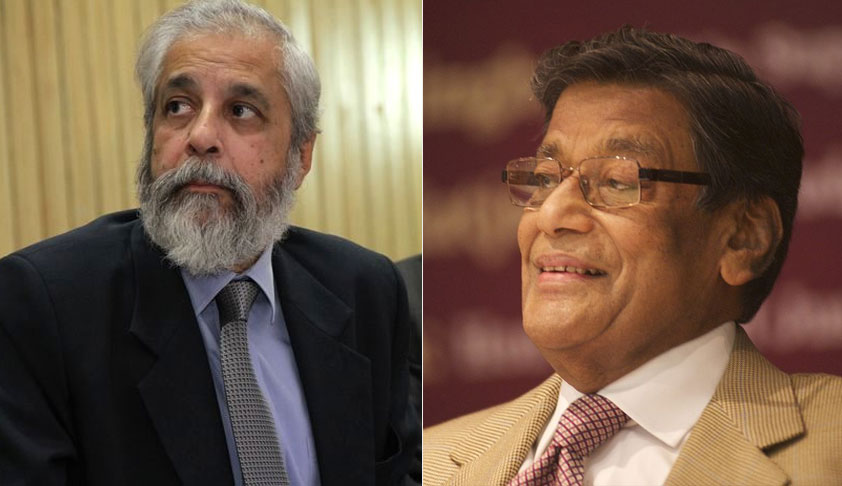Centre And SC Lock Horns Over Judicial Appointments In Open Court
Apoorva Mandhani
5 May 2018 12:25 PM IST

Next Story
5 May 2018 12:25 PM IST
With the rift between the Centre and the Supreme Court widening, the two recently had a face-off in open Court over the delay in appointment of judges, according to a Hindustan Times report.A Bench comprising Justice M.B. Lokur, who is a part of the Supreme Court collegium, and Justice Deepak Gupta was hearing a petition filed by a Manipur resident, who had lost a case before a single-judge...
